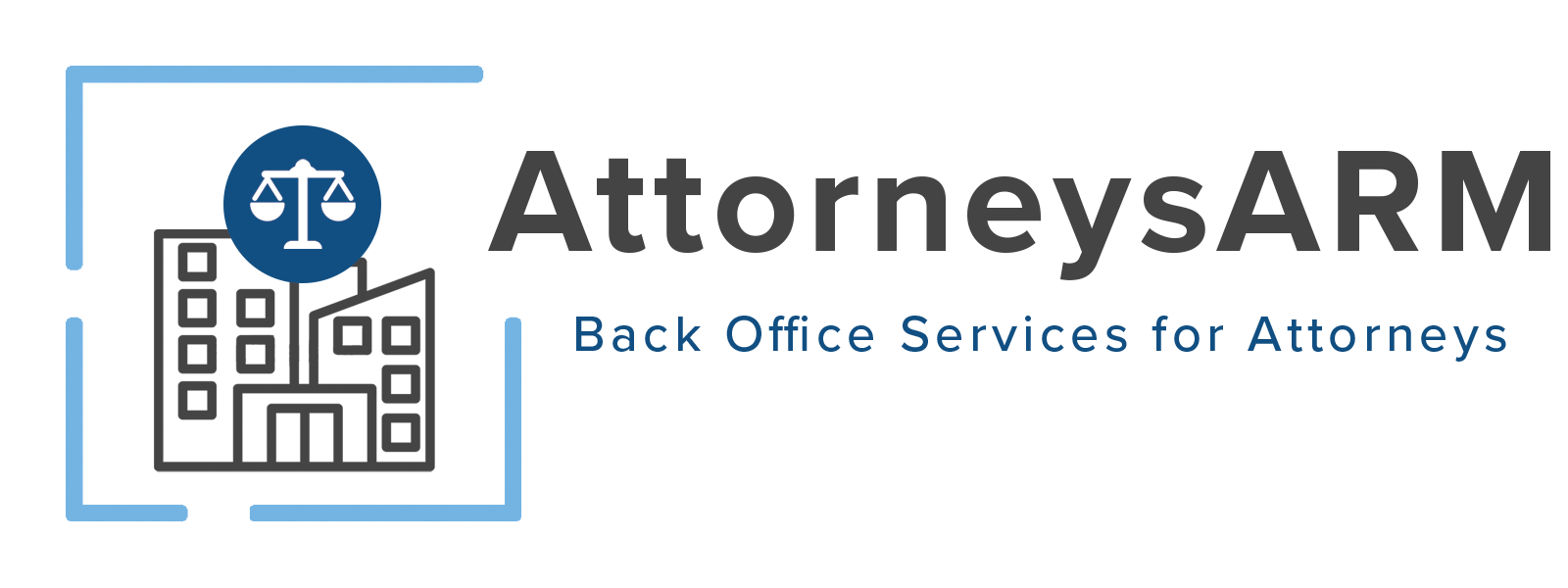Big corporations and small businesses have several differences (outside of the obvious difference of their size). Small businesses often have fewer regulations. Many provide faster service and make clients feel like they are a priority. Big corporations are often thought of as organizations that have the ability to offer credit to other businesses and individuals.
The good news is that you don’t have to be a big corporation to offer a credit line. In fact, a well-designed and implemented credit line can help you grow your business. Here’s how a small business can create a great credit policy and use it to grow.
Decide to Whom You’ll Extend Credit
If you offer services to both individuals and businesses, you can decide to whom you’ll extend credit. Will you extend credit to individuals, businesses, or both? If you provide services to businesses, you may find that it is easiest to start offering credit with them. While there are several steps you must take to reduce risk, starting with a business will feel safer. This is especially true if you start by offering credit to businesses that already have a good payment history with you.
Create an Ideal Client Profile
Of course, you know that you don’t want to extend credit to every client (or every potential client). That would create a large amount of undue risk. Creating an ideal client profile will help you determine which clients would be a good credit risk. You can start by looking at your best clients. How would you describe them? What do they do? How much do they spend with you in a month, in a quarter, and in a year? Where can you find more clients like them?
If you don’t have any clients, you can still create an ideal client profile. You should consider the type of client you want to work with. This could include what industry they’re in and how much money they make. Thinking about their bottom line isn’t a matter of greed. It is a matter of finding and keeping clients who can continue to pay for your services. In the long run, this will help you by creating long-term relationships. Customer acquisition isn’t cheap.
Use a Credit Application
Regardless of whether you provide services to individuals, businesses, or both, you need to use a credit application. Your credit application should include an authorization for you to pull a credit report. If you’re working with businesses, make sure that you can run a report on the business and possibly even the business owner if the business is new.
Pull a Credit Report
Pulling a credit report will help you determine whether the person is a good financial risk. If a person or business has little or no credit, ask and check references. For every credit report you pull, you should consider late payments, unpaid accounts, and their debt to income ratio.
Credit Contracts with Businesses Should Contain a Personal Guaranty
When businesses move from a sole proprietorship to a legally formed entity, they gain certain protections depending on how they’re formed. So, a business owner may not be held legally liable for debts incurred by a business. If the business closes down, the owner may be able to just walk away and leave you hanging with an unpaid account. Credit contracts with businesses should contain a personal guaranty. A personal guaranty means that the business owner promises that if their business is unable to pay, they are personally obligated to pay what is owed.
Start with a Low Credit Amount
One of the misunderstandings of a credit policy is thinking that everyone approved for credit should be given a large amount. That’s not true. That belief is quite dangerous. It opens you up to the possibility that you’ll give a person or business more credit than they can afford to pay back. Start with a low credit amount and re-evaluate client needs and your risk in the future to determine if and when you should give a credit increase.
Clients ARM Helps Businesses Set the Right Credit Limit for Clients
Clients ARM provides help for businesses who want to extend credit to their clients. With more than 30 years of experience, we can help you offer credit while reducing the risk of non-payment. To learn more about how we can help, schedule your free consultation.




